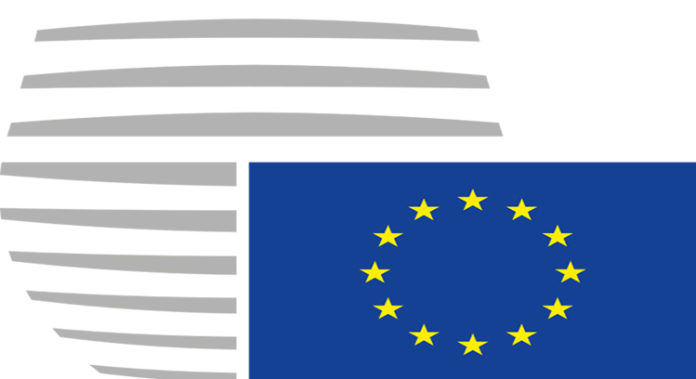
CROSS-BORDER parcel delivery services in the EU are set to become more transparent and better monitored.
Increased price transparency and more effective oversight should make the market more efficient and help bring down those tariffs which are not fully justified by objective factors such as wages or geographical distance. The Council agreed its position (a ‘general approach’) on the draft regulation, which is part of EU efforts to boost e-commerce under the digital single market.
Under the Council general approach, the Commission will set up a website to display the cross-border delivery rates offered by delivery firms. This dedicated website will make it easier for consumers and companies to compare rates and choose the best ones. Small delivery companies will be excluded from the obligation to provide their rates as that would create an excessive administrative burden for both the companies and the national administrations collecting the information.
More transparent and, ultimately, cheaper pricing is expected to bolster cross-border online purchases in the EU. While 44% of consumers buy online in their own country, only 15% order online from another member state, citing high delivery charges as one of the main reasons for avoiding cross-border purchases. Cheaper and more transparent pricing could also encourage more retailers to sell online.
“We hope these new rules will lower delivery prices for citizens, especially those living in rural areas, and also for small businesses, which have limited negotiating power to strike good delivery deals,” said the Maltese presidency.
The draft rules also give regulators powers to monitor developments in the parcel delivery market better. Delivery firms will have to provide their national regulator with various sets of data, thereby enabling the regulators to assess prices and identify market failures. Regulators in several countries currently do not have access to such data, which hampers the monitoring of competition in the parcel markets.
The Council text includes special provisions for the monitoring and, where required, assessment of prices offered by universal service providers. These operators are required to provide affordable and cost-oriented services and receive certain concessions in return, such as exemption from VAT. The penalties to be imposed in the event of infringements will be laid down by member states. A non-confidential version of the assessment will be published by the Commission on the dedicated website.
The adoption of the text requires approval by both the Council and the European Parliament.








